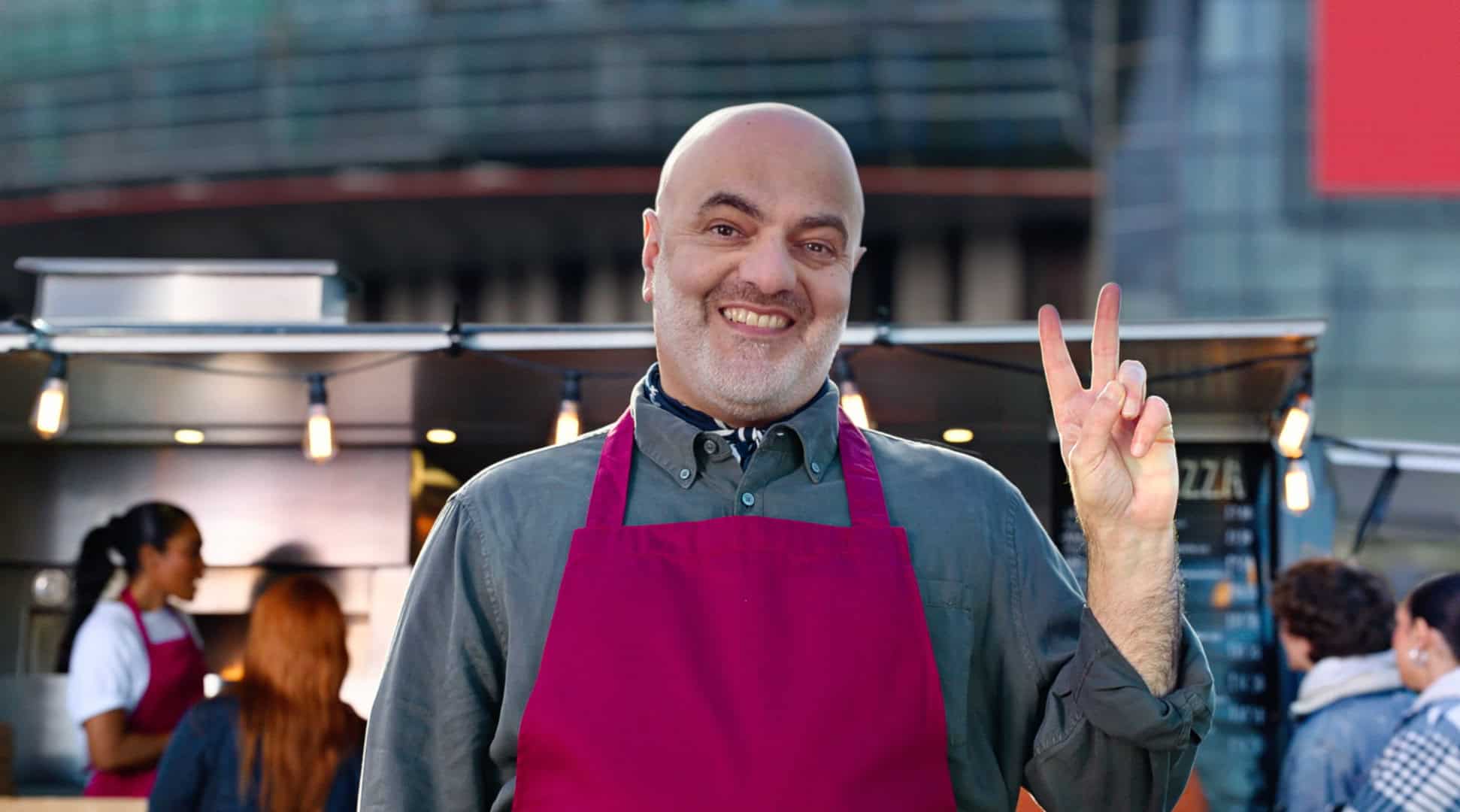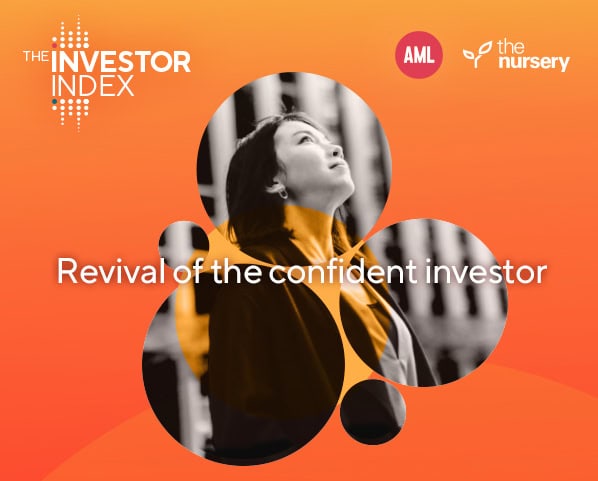South by Southwest (SXSW) — the legendary Austin-born festival of music, film, tech and innovation — arrived on AML’s doorstep this June, as the event came to the UK for the very first time. Talks, panels and workshops took place across Shoreditch, spanning not just a wide geographical footprint but a remarkably broad sweep of subject matter too.
Session themes ranged from the obviously relevant — marketing effectiveness, AI in advertising — to the less expected, including discussions on mental health, psychedelics and Formula One. While I initially set out to focus only on the most relevant topics (I was attending on behalf of AML, after all), I quickly realised the value in venturing off-brief. As a strategist, staying flexible and open to new perspectives is crucial — especially in an industry like ours, where innovation doesn’t always come from the usual places.
One session that was directly relevant to our world was “The Digital Markets Act: The Impact on Search”, which unpacked upcoming EU legislation designed to reduce the dominance of gatekeepers in the digital space. But the talk also looked forward — to a future of search powered by AI. With tools like ChatGPT increasingly delivering synthesised, conversational responses, the traditional model of paid search is becoming less effective — and less predictable. Where brands once paid to appear at the top of search results, managing visibility within AI-generated content will be a more complex challenge. The key takeaway? Brand content must be genuinely meaningful and useful.
Creativity and impact were recurring themes throughout SXSW London, particularly in sessions focused on the creative process itself. A notable highlight was “An Audience with Stewart Copeland” — best known as the drummer for The Police. He spoke about his creative dynamic with Sting: while Sting obsessed over process and detail, Copeland cared only for the end result — how the music made people feel. Together, their contrasting approaches produced something greater than the sum of its parts. That struck a chord. At AML, our best work is the result of similarly diverse perspectives: strategists, creatives, and client teams all bringing different priorities, but united by a shared goal — meaningful work that resonates.
Elsewhere, Formula 1 proved to be a popular theme. James Vowles, Team Principal at Williams Racing, gave a fascinating talk on rebuilding a once-great brand from the back of the grid. For him, talent alone wasn’t enough. The key attribute in selecting drivers? Long-term buy-in — a shared commitment to a clear ‘north star’. Brand building also featured prominently, with Williams investing in fan engagement across multiple platforms, even when the returns weren’t immediately measurable.
That idea — creativity with long-term brand value — came to life in a session with F1 and Lego, who shared the story behind their viral Miami Grand Prix drivers’ parade. Together, they raced life-size Lego cars around the circuit — an idea from their unique ‘creativity-first relationship’, with no contracted deliverables. The result was the most engaged social content either brand has ever produced. Genuine enjoyment, cultural cut-through, and unprompted engagement from Sir Lewis Hamilton were key to this campaign’s success.
Keeping an open mind, to industries seemingly far beyond where AML specialise can teach us a great deal as to how we can continue to improve at our craft. The world is not standing still, AI will no doubt significantly disrupt the marketing communications industry, but at the heart of it the principles are the same. A robust creative process, collaboration, and meaningful engagement will endure to cut through the noise.


